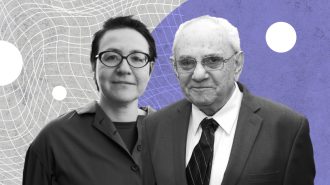One of the winners of the George Gamow Prize this year was Ekaterina Zhuravskaya, a professor at the Paris School of Economics. In an interview with T-invariant, she told how modern economic science works, whether it is possible to evaluate the results of sanctions and what studies of Goebbels' propaganda can tell us about the current military mobilization of Russian society.
USA
The Russian-American Association of Scholars has announced the names of the winners of the prize, which is awarded to members of the Russian-speaking scientific diaspora. This year they were Professor Ekaterina Zhuravskaya of the Paris School of Economics and Professor Vladimir Vapnik of Columbia University.
A recent article by a group of American professors on the introduction of DEI into university practice in the United States has caused a wide resonance. To what extent can DEI be considered a purely American phenomenon, and to what extent has it been assimilated by academic communities in other countries? Germany is a curious example. This is the subject of an article prepared for T-invariant by Alexander Libman, Doctor of Economics, Professor of Russian and East European Politics at the Free University of Berlin.
The DEI ideology is diversity, equity, inclusion. What will happen to science if DEI principles win? T-invariant talked about this with one of the authors of the article “Politicizing science funding undermines public trust in science, academic freedom, and the unbiased generation of knowledge”, professor of biomedicine at Northwestern University in Chicago Igor Efimov.
Even before the war with Ukraine, about 150 young Russian scientists became Fulbright scholarsand got the opportunity to study at American universities. In March of this year, the IIE and Cultural Vistas organizations sponsoring the program were declared undesirable in Russia. T-invariant looked into what awaits fellows in their home countries and what alternatives young scientists see for themselves.






